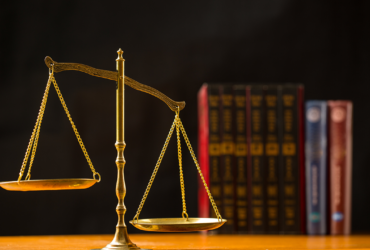A discovery tool used in civil litigation where each party has the right to obtain sworn testimony from the opposing litigant and all relevant witnesses to the case
Depositions of the parties to a lawsuit are conducted by the plaintiff’ or defense lawyer. Non-party witnesses must usually be formally subpoenaed to legally compel their attendance for their deposition.
The location of the deposition is usually at the law office of the attorney who has called for the deposition. The deposition generally takes place in the lawyer’s conference room. A court reporter is present to record the witness’s testimony stenographically.
The critical feature of the deposition is that the witness is under oath and is subject to cross-examination by counsel. A deposition is not considered hearsay because it was obtained outside the courtroom. Depositions are considered official proceedings of the case and, under the evidence code, not considered hearsay – so long as the deposition was lawfully performed, the deponent was under oath, and was subject to cross-examination by the lawyers.
Depositions are often contentious because lawyers often verbally object to the other lawyer’s questions so their objection is not later deemed waived by the court.
At trial, depositions are often used to impeach a witness if the witness’s testimony in court contradicts their deposition testimony. A deposition may also be used if the deponent is deemed unavailable at trial and meets specific other criteria.








